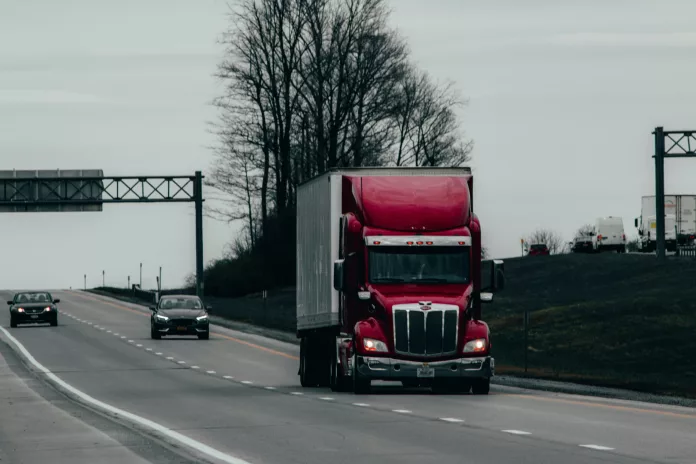In a significant move toward a more sustainable future, the European Parliament has endorsed groundbreaking legislation aimed at ensuring that the majority of new trucks sold in 2040 will be zero-emission. This pivotal decision is set to propel Europe to the forefront of eco-friendly transport, providing a much-needed blueprint for the automotive industry’s shift towards green energy solutions.
The Drive Towards Zero-Emission Heavy-Duty Vehicles
The newly approved legislation, the result of a consensus between MEPs and government officials, spells out a transformative era for European truck manufacturers. By establishing a law that mandates nearly complete zero-emission sales by 2040, Europe is effectively positioning its manufacturers to lead the competition against their international electric vehicle producing counterparts. According to the environmental organization Transport & Environment (T&E), this legislative shift is anticipated to slash CO2 emissions from heavy-duty vehicles by 62% by 2050, referencing 1990 levels as the baseline.
Comprehensive Targets to Curtail Carbon Footprint
Under this law’s ambit, truckmakers are obliged to diminish the average emissions from new trucks by 45% come 2030, followed by a 65% reduction in 2035, and an ambitious 90% cutback by 2040. This schedule includes not just conventional trucks but also vocational vehicles such as garbage and construction trucks beginning in 2035. Additionally, trailer manufacturers are tasked with enhancing their truck trailers’ emissions performance by a 10% margin by 2030. Similarly, aggressive targets for new bus sales are set, requiring 90% to be zero-emission by 2030, escalating to a full 100% by 2035.
Paving the Path for Alternative Fuel Sources
As part of the comprehensive approach in addressing the emissions from the transportation sector, the European Commission has been directed to consider the viability of synthetic fuels for trucks. In line with the agreement, within the next year, the Commission is expected to deliberate on a proposal to recognize heavy-duty vehicles powered exclusively by e-fuels.
A Sustainable Compromise: The Way Forward for Truckmakers
T&E’s freight manager, Fedor Unterlohner, remarked on the agreement as a balanced approach that hands one of Europe’s largest polluting sectors a strategy to turn over a new leaf. Emphasizing long-term investment security for manufacturers currently dealing with stiff competition from overseas, Unterlohner underscored the need for the industry to avoid investing in less promising technologies like biofuels and e-fuels, which may fall short in efficiency and cost-effectiveness.
Projected Impact on the Transition to Zero-Emission Vehicles
Estimations by T&E forecast an ambitious upsurge in zero-emission truck and bus sales, predicting that at least 31% will be free of emissions by 2030, with an impressive 77% by 2040. This surge is expected to alter the transportation landscape significantly, projecting that by 2040, nearly one-third of all heavy-duty vehicles in Europe will be zero-emission, a crucial step given that after cars, heavy-duty vehicles remain the continent’s second-largest source of transport pollution.
With the European Parliament’s decision, the foundation has been laid for a greener, more sustainable transport network within the continent, marking a decisive step in combating climate change and reducing the environmental impact of a sector previously known for its substantial carbon emissions.

























